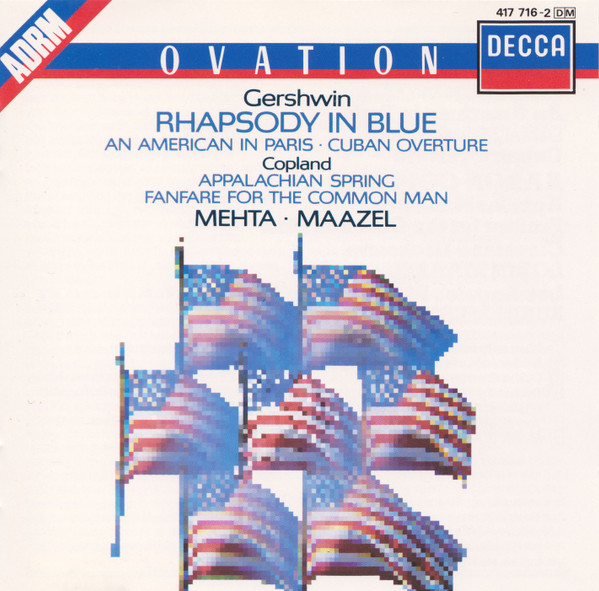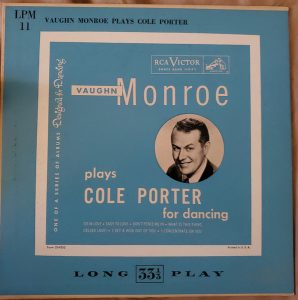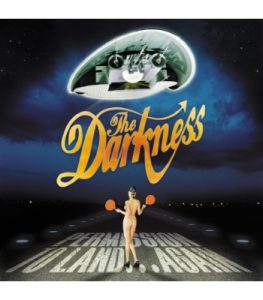No, he's not a misprint
"PEACE"
Alexis Ffrench, piano. Sony Music Masterworks
Ffrench: Peace; When the Bells Ring; St. Andrews. J.S. BACH (arr. Ffrench): Jesu, Joy of Man's Desiring; Sheep May Safely Graze.
Before I address the album contents, I'm going to allow myself a brief rant.
Sony's biographical note tells us that "Alexis Ffrench is reframing classical music and proving that the genre is alive and evolving and accessible to all." We've been hearing similar things from Shante Thake, the new Chief Artistic Officer at Lincoln Center, and others there about wanting a performing arts complex "for everyone." I'm sorry, but this is drivel. Classical music is, in fact, "accessible to all"—to all, that is, who take the time actually to listen to it; to say otherwise is, frankly, incredibly patronizing, if not worse. Some music is "harder" to understand, yes, but that doesn't make it "élitist"—some books are equally demanding, and we haven't scrapped the libraries (yet). And the free market takes care of the popular forms very well: the advocacy of august artistic institutions may represent a major round of institutional virtue-signaling.
All right, end of the rant.
I wasn't previously familiar with jazz-and-classical pianist-composer Alexis Ffrench—yes, two "f"s—who has some high-powered credits, including some contributions to the Coronation Concert back in May. (I didn't catch those, but I did hear some of the Monteverdi Singers and John Eliot Gardiner, who's currently having his problems.) This five-track EP was apparently inspired by Mr. Ffrench's visit to the Scottish Highlands with his young son; but, for all the talk about the soloist's "deep reverence for nature," I can't say I picked up on anything explicitly pictorial in his pleasant original compositions. Mr. Ffrench projects them with an artist's sense of varied colors and layered textures, but—with a linear rumination here, a meditative chorale there—they remain relatively anodyne. St. Andrews, with its added-sixth and -seventh chords, offers the most substance, but it still reminded me of a better-quality Wyndham Hill.
The two Bach pieces are fine—at least, what we get of them. Neither arrangement ever gets to what I'd call "the good stuff": he scraps both of the conflicted minore sections in favor of invented material. He also repoints some of the obbligatos in Jesu, Joy of Man's Desiring, which didn't bother me, since this isn't an "authentic" performance. (The Earlye Musicke Crowde will hardly be listening to this, anyway.)
Numerous digital piano recordings have been shallow, especially in the keyboard's uppermost reaches. This program avoids that problem, but it's oddly "furry" and unfocused. (Full disclosure: I streamed this over IDAGIO, the free version of which only provides mp3s. Still, I've never heard an mp3 transfer that so compromised a good CD-quality recording.) The central track, When the Bells Ring, is also accompanied by a lot of odd clicking—like performance noises on a guitar, but the piano doesn't do this—and even what sound like footsteps in the background. Curious.
Neither Sony's website nor its announcement included a catalogue number for this release. Perhaps it doesn't have one—which, for download and streaming, isn't really necessary. Still, it might stymie some listeners' attempts to organize older and newer downloads in the same folders.
stevedisque.wordpress.com/blog







































